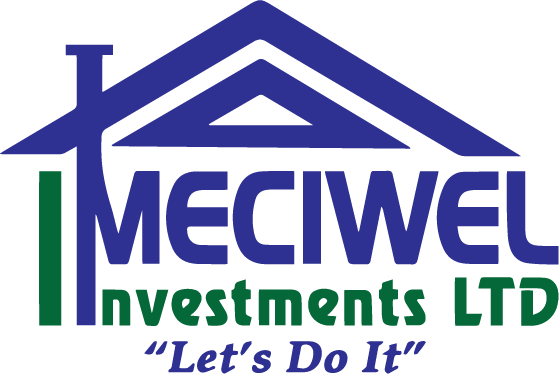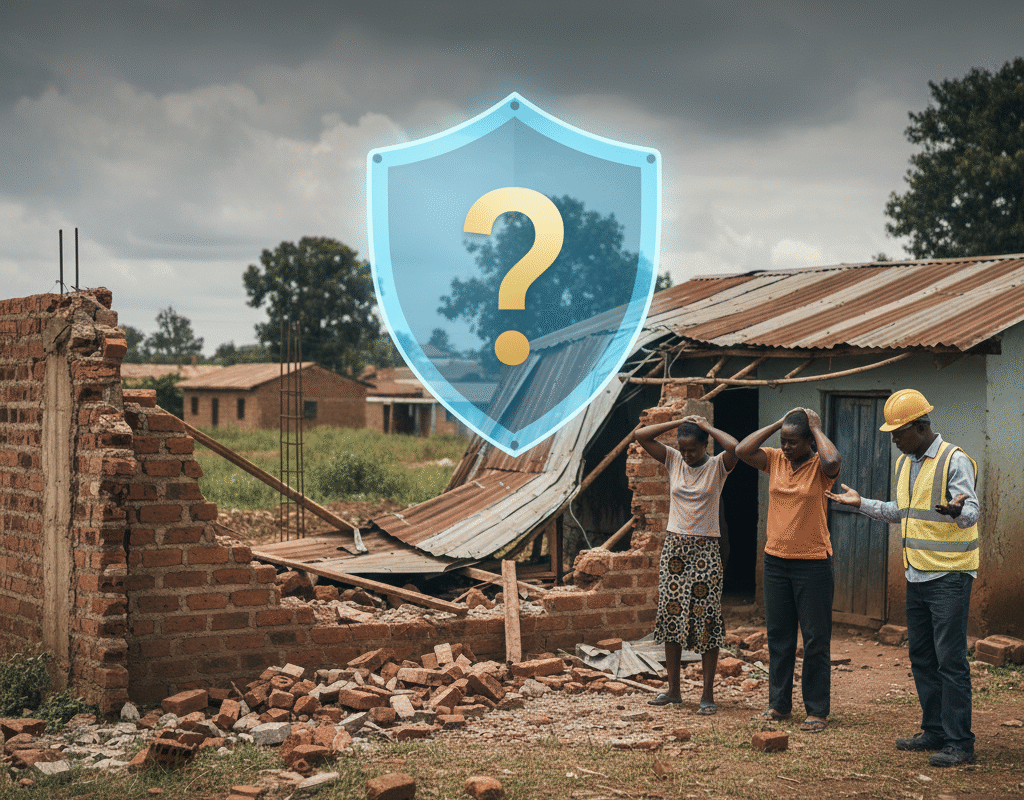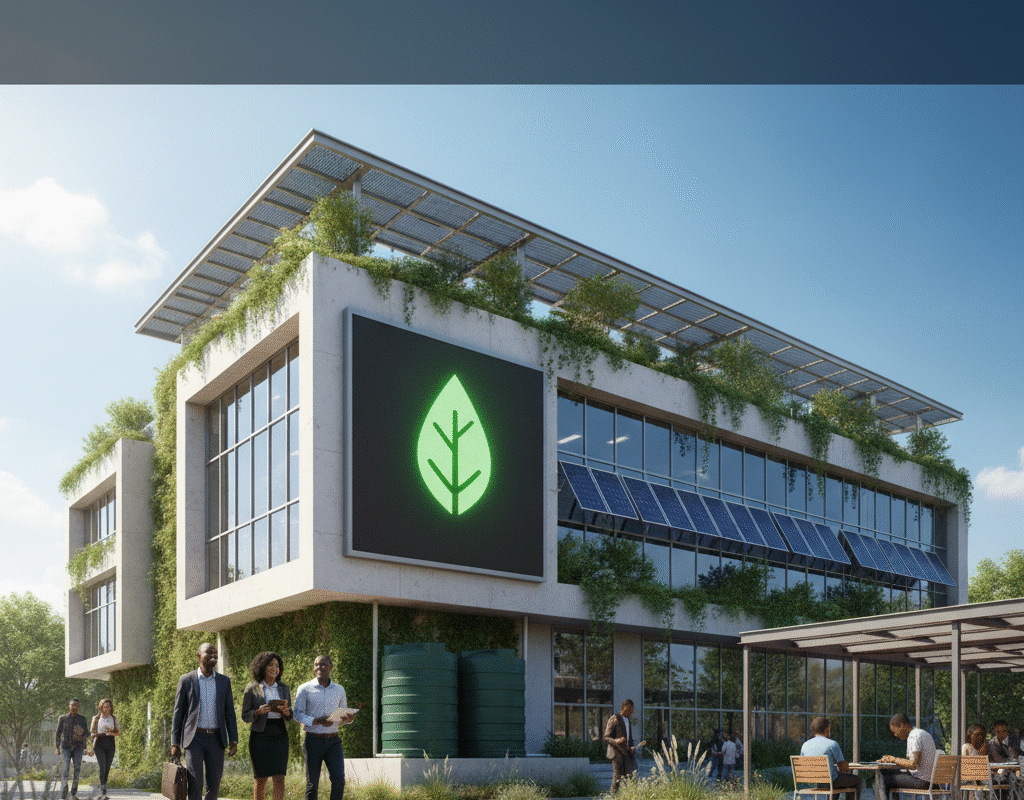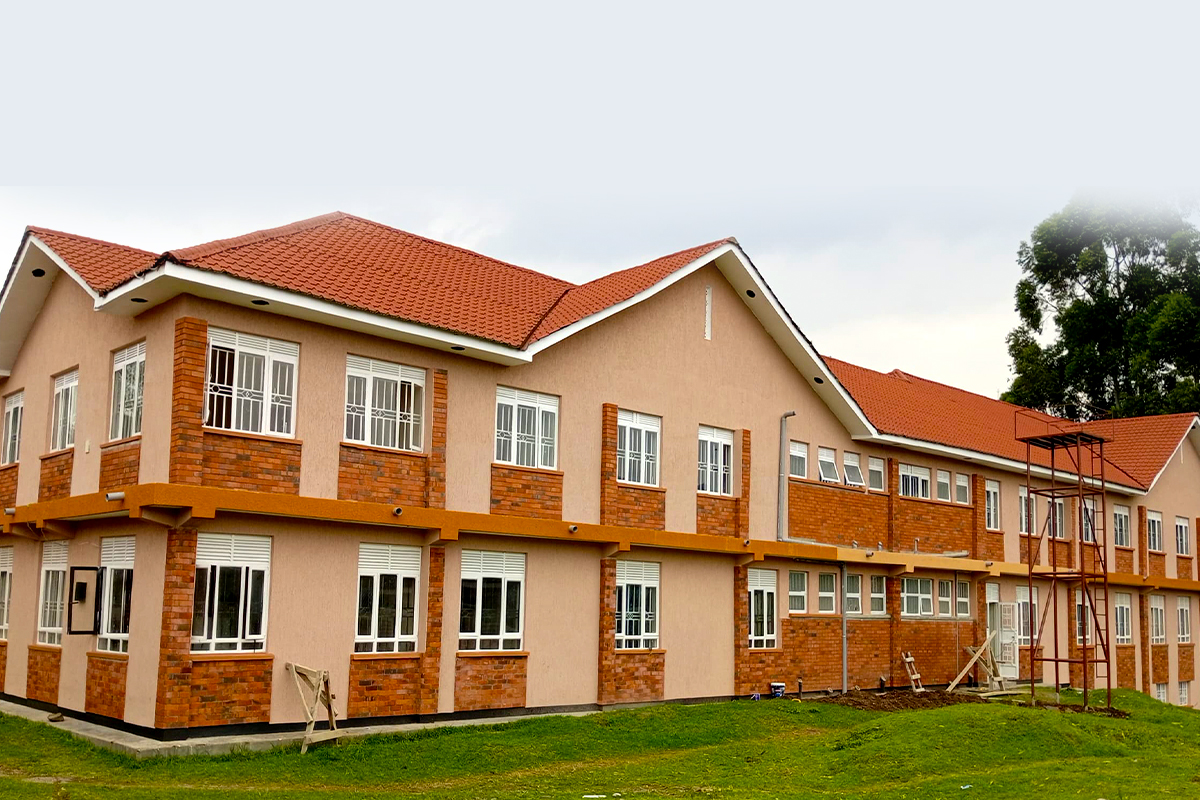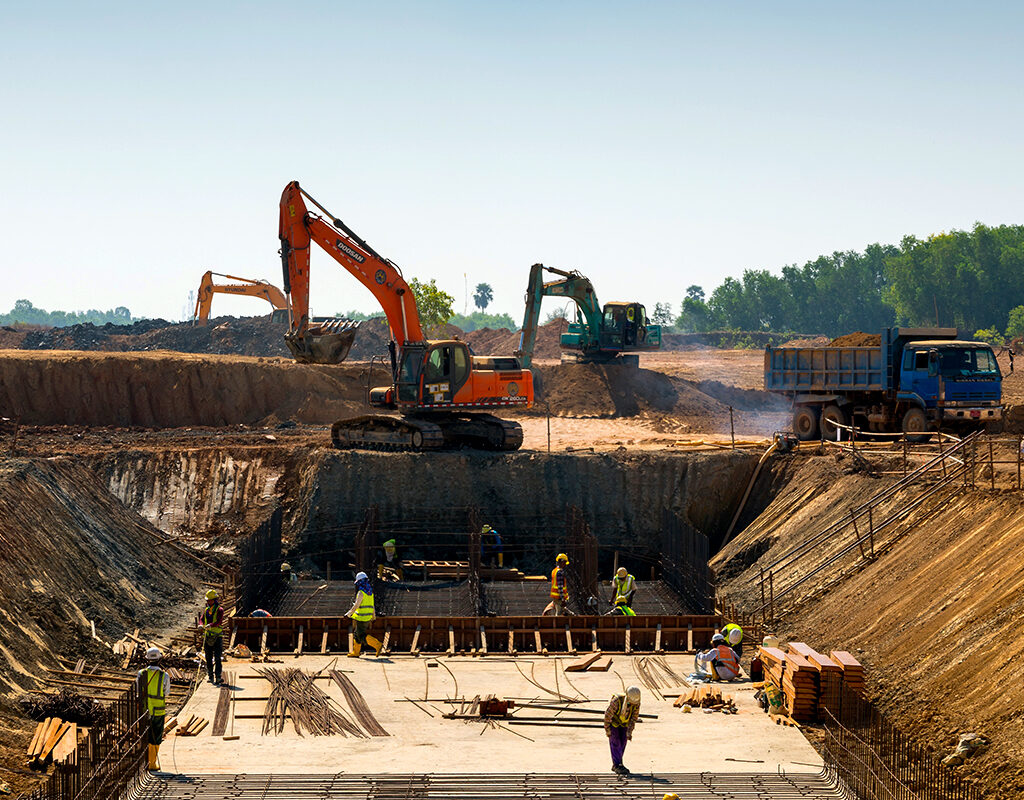Construction is inherently risky. From accidents on site to unexpected damages, builders face numerous challenges that could lead to financial losses or legal issues. In Uganda, where the construction industry is growing rapidly in cities like Kampala, Mbarara, and Entebbe, having builders’ liability insurance is not just recommended—it is essential for protecting your business and reputation.
1. Protection Against Accidents and Injuries
Construction sites can be dangerous. Workers may suffer injuries while operating machinery, handling materials, or working at heights. Liability insurance covers medical expenses and legal costs if a worker or a third party is injured on your site. In Uganda, this ensures that builders comply with workplace safety regulations and can respond responsibly to accidents.
2. Coverage for Property Damage
During construction, accidental damage to a client’s property or neighboring structures can occur. Liability insurance provides financial protection to repair or replace damaged property. This helps maintain trust with clients and prevents potential disputes from escalating.
3. Legal and Financial Security
Construction disputes can lead to lawsuits. Liability insurance ensures that legal fees and compensation costs are covered, protecting the builder’s personal and business finances. In Uganda, where construction regulations are tightening, having insurance demonstrates professionalism and readiness to handle unforeseen events.
4. Enhances Business Credibility
Clients and investors prefer builders who are insured because it signals responsibility and reliability. In competitive Ugandan markets, being fully insured can give a construction company a competitive edge, helping to secure larger contracts and partnerships.
5. Compliance with Regulations
While liability insurance is not always mandatory in Uganda, many clients and government contracts require it. By having insurance, builders ensure compliance with contractual requirements and reduce the risk of project delays or legal complications.
6. Peace of Mind
Running a construction business is stressful enough without worrying about potential accidents or damages. Liability insurance allows builders to focus on delivering quality work while knowing that they are financially protected against unforeseen risks.
Conclusion
Liability insurance is a critical tool for builders in Uganda. It safeguards workers, clients, and the business itself, while enhancing credibility and compliance. Any serious construction company, whether working on residential homes in Kampala or commercial projects in other regions, should prioritize liability insurance as part of its risk management strategy.
Investing in the right insurance policy is not just a precaution—it is a step toward a secure, professional, and sustainable construction business.
